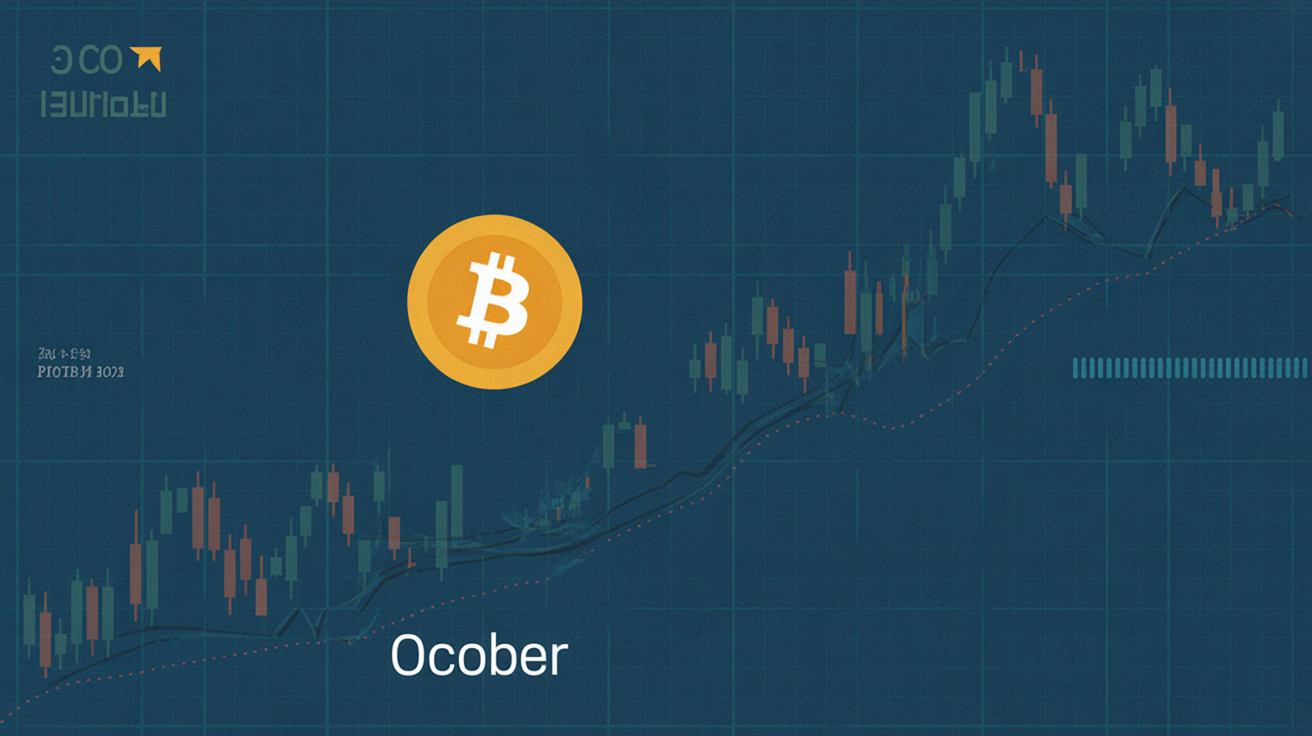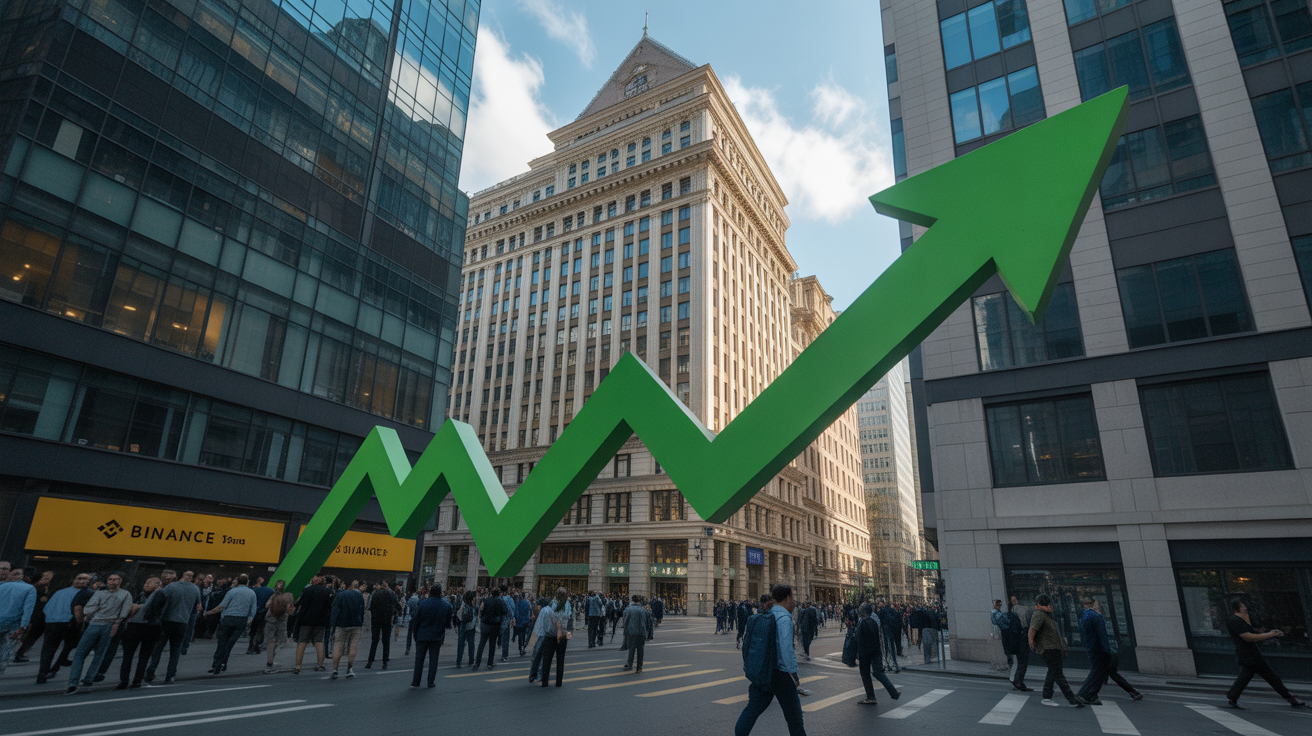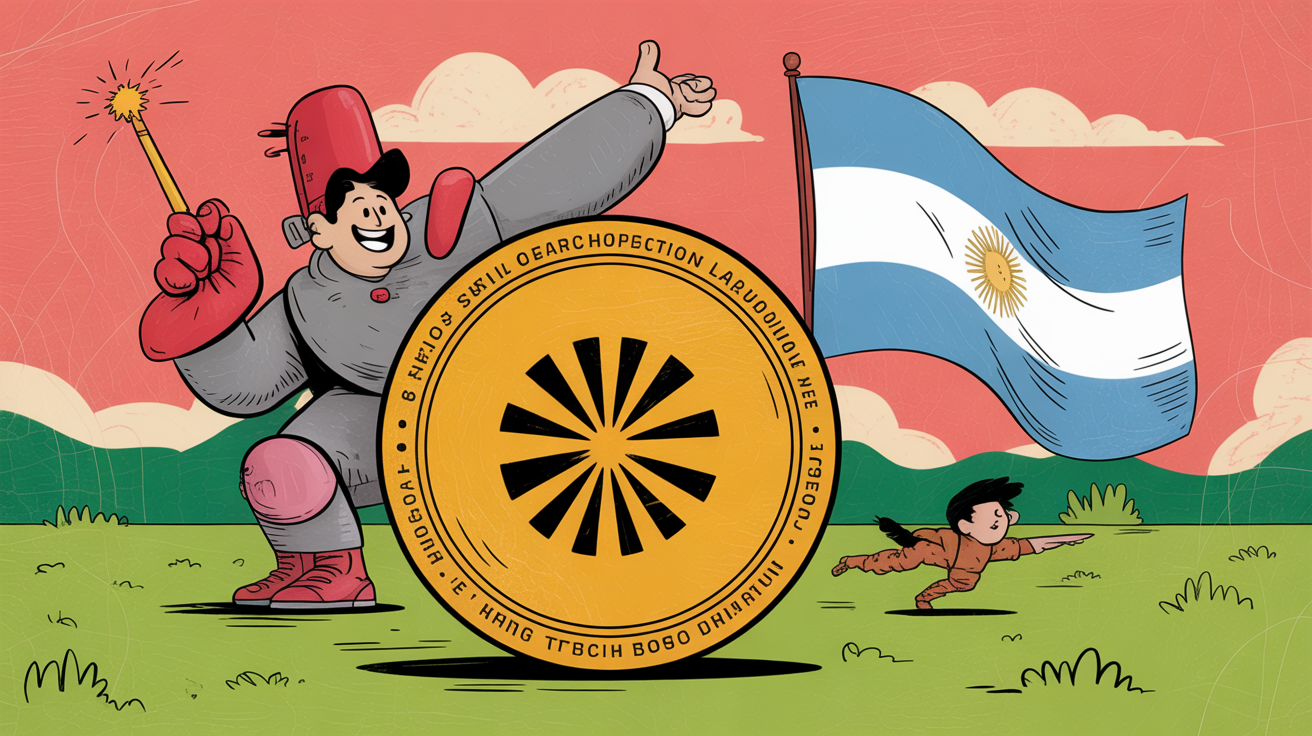Tether CEO Paolo Ardoino has voiced sharp criticism of the European Union’s new stablecoin regulations, warning that they could expose issuers to heightened risk by tying them too closely to vulnerable banks. In a recent podcast interview, Ardoino suggested that these policies could even contribute to a future wave of European bank failures.
Speaking on the Less Noise More Signal podcast, Ardoino said the EU’s regulatory framework effectively forces stablecoin issuers like Tether to hold up to 60% of their reserves in uninsured bank deposits. This, he argued, is a dangerous setup.
“In a €10 billion stablecoin scenario, you might be required to hold €6 billion in small banks,” he said. “But with only €100,000 of deposit insurance, that’s like spitting on a fire.”
He warned that this exposes stablecoin issuers to the same systemic risks that toppled institutions like Silicon Valley Bank in 2023. As banks lend out a majority of deposits under fractional reserve systems, even a 20% redemption event could trigger severe liquidity crises. In his example, if €6 billion were deposited, €5.4 billion could be lent out, leaving little buffer if withdrawals surged.
“As a stablecoin issuer, you could go bankrupt — not because of any failure on your part, but because your bank fails,” Ardoino said. “And then the government turns around and says, ‘See? Stablecoins are dangerous.’”
He also argued that the EU’s rules are designed more to support liquidity at European banks than to protect the broader financial system. The largest institutions, like UBS, often refuse to bank stablecoin providers, forcing them to rely on smaller, more fragile institutions.
“This creates huge systemic risk,” Ardoino said, predicting that “many” European banks could “blow up in the next few years.”
His comments come as Tether prepares to launch a U.S.-based stablecoin product and continues expanding outside the crypto ecosystem, including a recent increased investment in Latin American agribusiness Adecoagro.




























